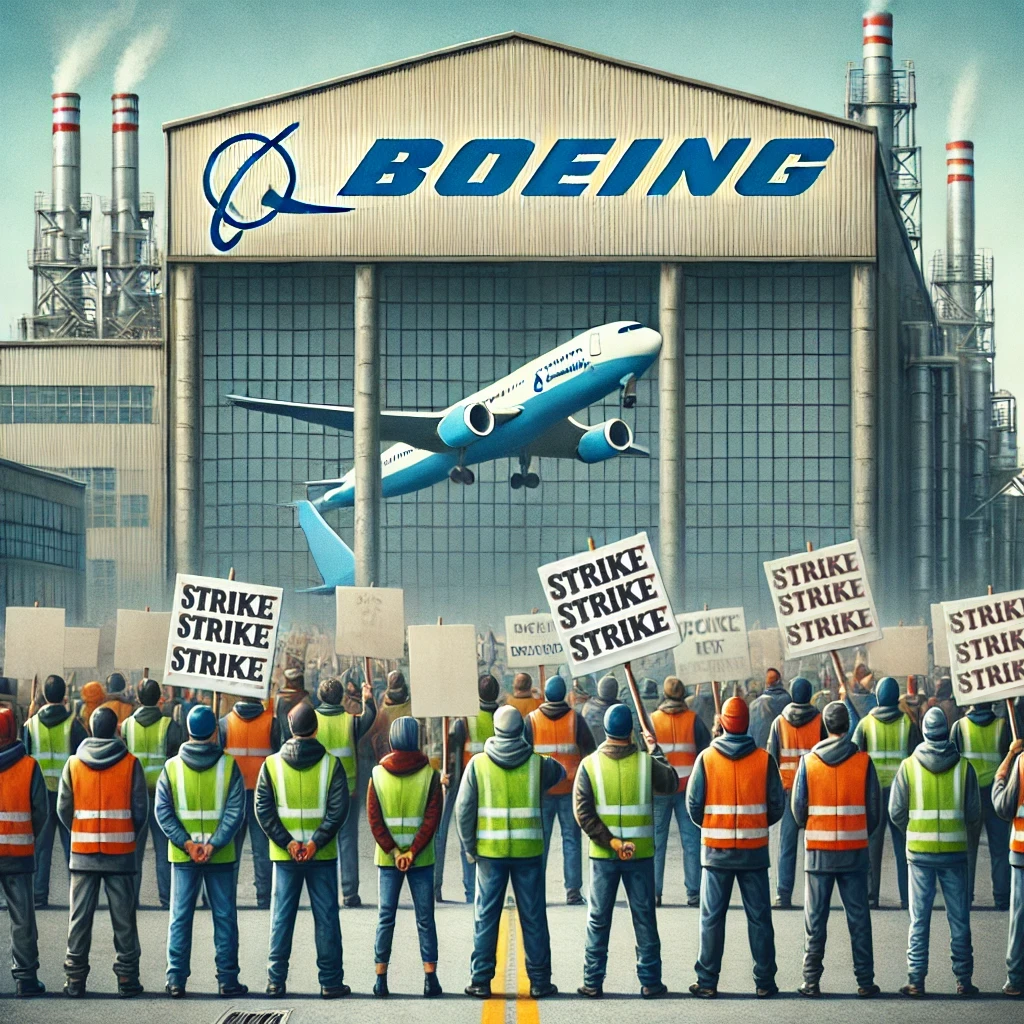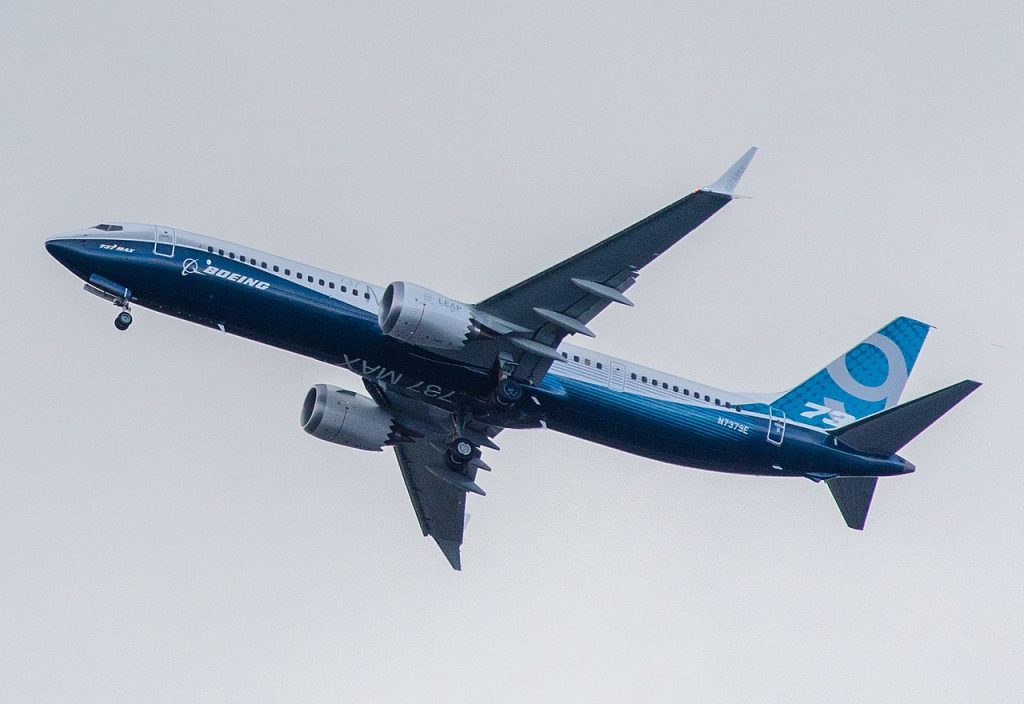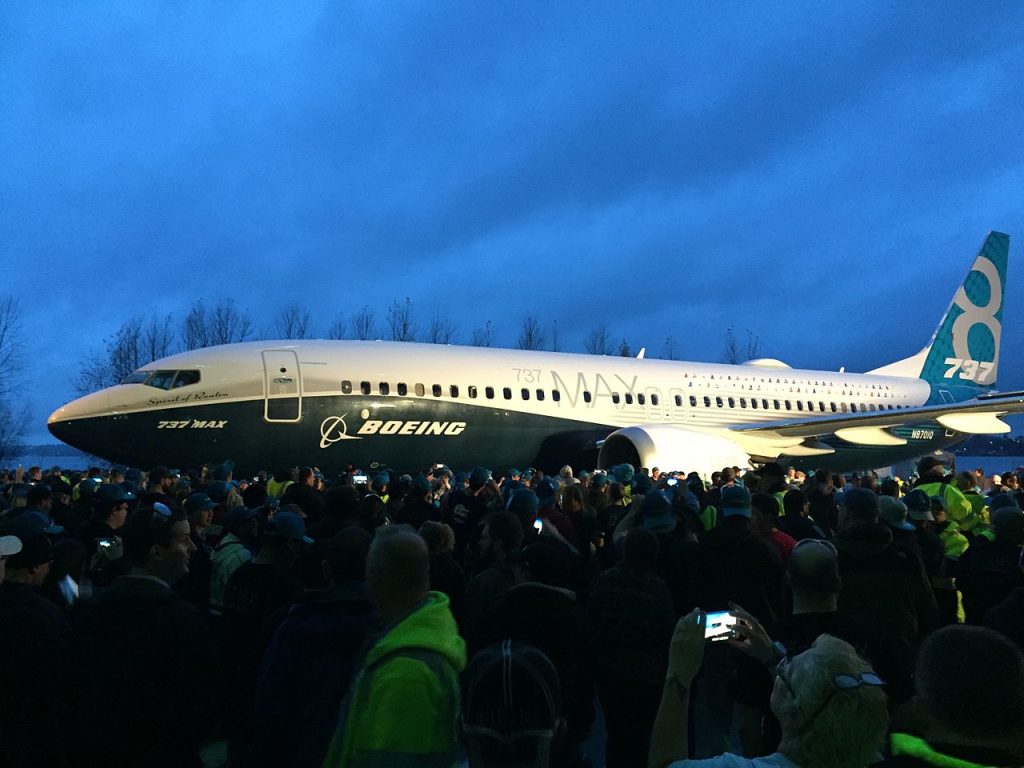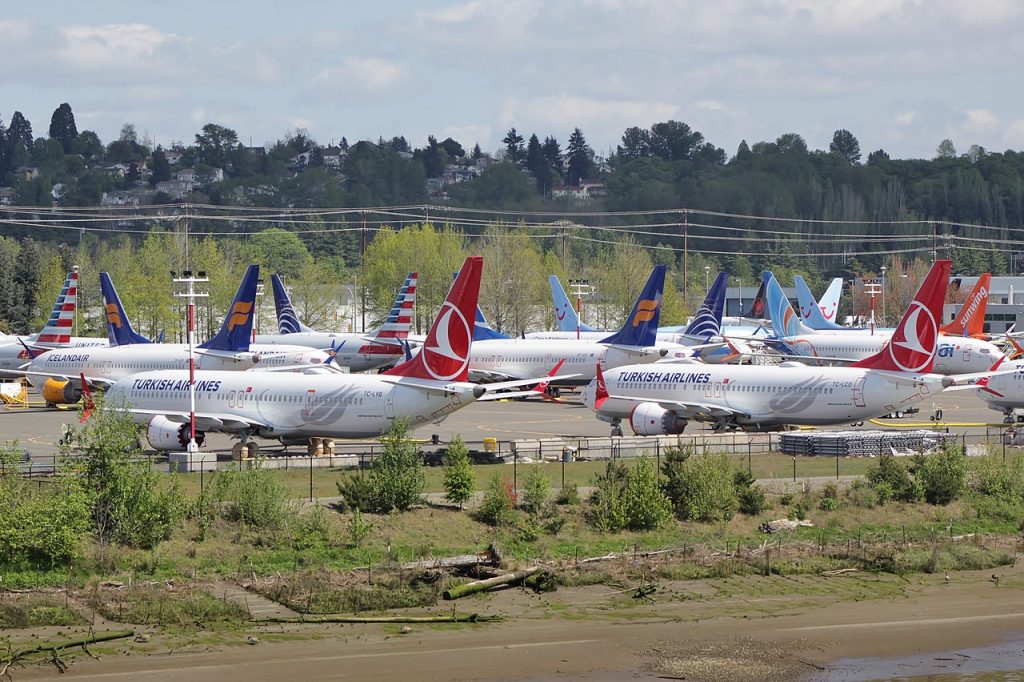
As the Boeing strike enters its third week, more than 30,000 workers from the International Association of Machinists and Aerospace Workers (IAM) remain on the picket lines, pressing for higher wages, better benefits, and stronger job security. However, with Boeing grappling with substantial financial challenges, the union may need to temper its expectations for immediate gains. While Boeing has proposed a 30% wage increase over four years, this offer falls short of the union’s demands, and negotiations remain at a standstill. Yet, a potential compromise involving contingencies based on Boeing’s future profitability could offer a way forward.

Boeing’s financial picture is clouded by a mountain of debt that the company accumulated during the COVID-19 pandemic and its ongoing struggles with production delays and supply chain disruptions. As of the most recent financial reports, Boeing’s total debt sits at around $54 billion, a figure that has hampered the company’s ability to make aggressive offers to its workers. The company’s revenue has also been significantly impacted by delays in delivering key aircraft models, including the 787 Dreamliner and the 737 MAX, both of which have been plagued by production issues and safety concerns. These setbacks, along with supply chain constraints, have strained Boeing’s cash flow, making it difficult to meet the union’s demands without jeopardizing its financial recovery.

In its latest offer, Boeing proposed a 30% wage increase over four years, which represented a slight improvement over its previous offer. However, the union rejected this offer, arguing that it does not adequately address rising inflation and the increased cost of living. Workers also pointed to the sacrifices they made during the pandemic, when many endured furloughs and pay cuts while Boeing sought to stabilize its operations. Now, they are seeking not just a fair wage increase but recognition of their critical role in helping Boeing weather the storm of the past few years.

Despite the union’s justified demands, Boeing’s financial constraints are real. The company’s debt load remains high, and it has only recently begun to see signs of improvement in its cash flow. Even so, profitability is still elusive, as Boeing has yet to return to pre-pandemic production levels, and ongoing challenges with key suppliers continue to delay deliveries. As a result, Boeing is not in a position to fully meet the union’s requests for higher wages and improved benefits in the short term.

Given Boeing’s financial realities, the union may have to accept a compromise, one that involves settling for less than they originally hoped for. However, this does not mean the union is without leverage. A strategic solution could involve negotiating contingent agreements that tie future wage increases to Boeing’s financial performance. For example, the union could push for profit-sharing arrangements or bonuses that would activate once Boeing hits certain profitability targets. This approach would allow Boeing to manage its current financial situation while ensuring that workers benefit when the company’s fortunes improve.

Another potential approach could involve incorporating a clause that mandates renegotiation of wages when Boeing’s debt is reduced to a more manageable level or when it reaches specific revenue benchmarks. This would provide the union with a safeguard, ensuring that workers are compensated fairly in the future when Boeing is better positioned financially. Such a contingency would also give workers a stake in the company’s success, aligning their interests with Boeing’s long-term recovery.

While accepting a reduced wage increase now may be disappointing for workers, securing a contingency-based agreement could offer significant long-term benefits. Boeing’s recovery is expected to accelerate in the coming years, particularly as global demand for commercial aircraft rebounds and the company begins delivering on its backlog of orders. By negotiating profit-sharing or performance-based bonuses, the union can ensure that its members share in Boeing’s future success, rather than simply settling for less during a difficult period.

The Boeing strike highlights the challenges of negotiating during tough financial times, especially for a company burdened by debt and production delays. While the union may have to compromise in the short term, negotiating contingencies based on Boeing’s eventual profitability could provide a path forward that benefits both parties. As the strike continues, the focus may shift from immediate gains to ensuring that Boeing’s workforce is rewarded once the company returns to financial health.






